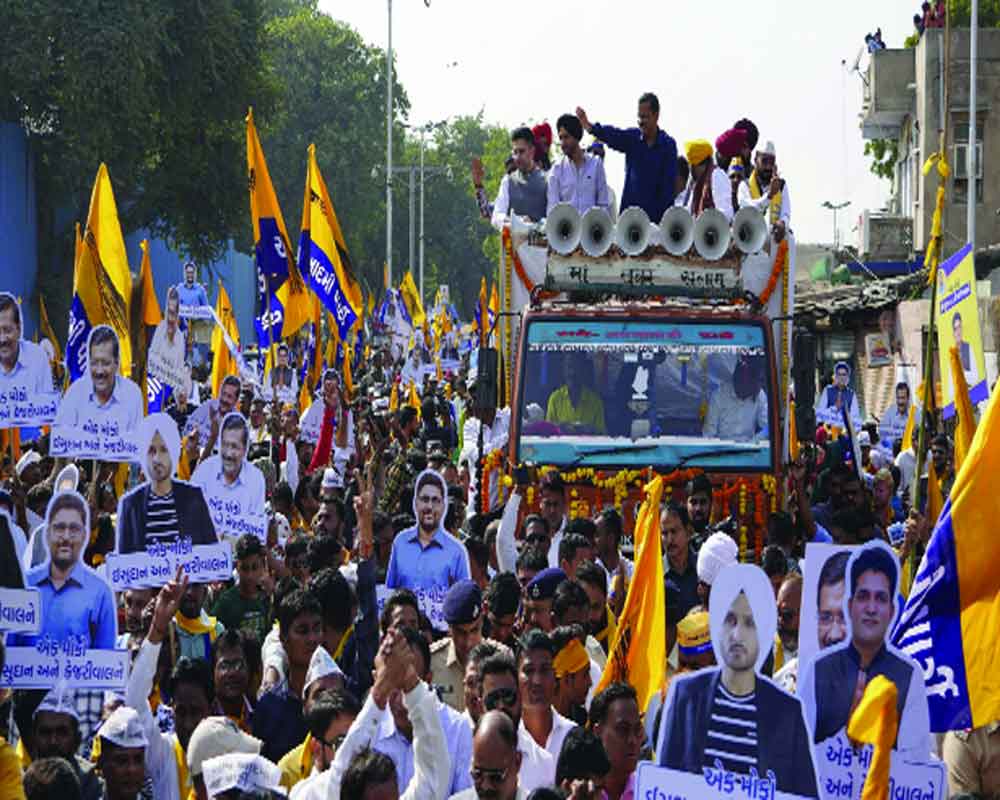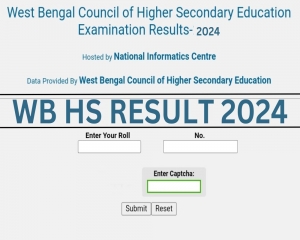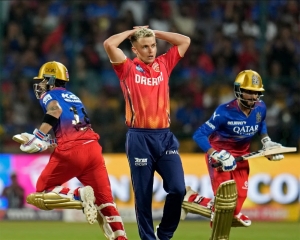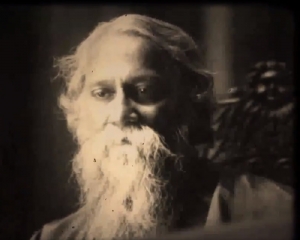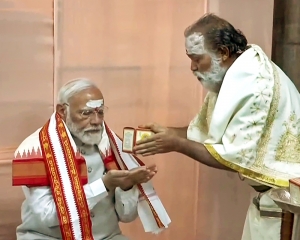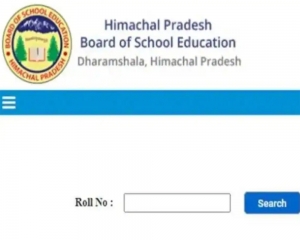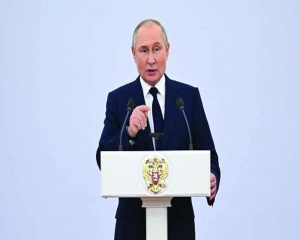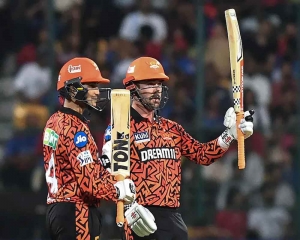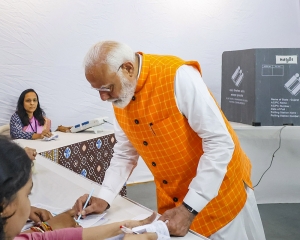The new political entrants like AAP, promising a departure from traditional politics, have faltered, mirroring the same patterns of opportunism and non-performance
The presence of political parties in democracies makes the peoples’ representation in governance social but organised and helps the democracies work. Since the representation is through individuals, the politics of party switching by one or more leaders and/or followers is a common phenomenon causing the defeat and victory of the respective individual leaders and political parties. If party switching is guided by political ideologies, development policies and other policy programmes or by the change in leadership affecting the core ideology of the party or the constitutional spirit of the governance, it can be a healthy corrective exercise.
But if influenced by the strategic local individual factors concerning the prospects of the political growth of an individual involving the chances of winning elections, gaining ministerial and other positions and gaining influence, then it is a matter of serious concern for a democracy, people and a nation. Another matter of a similar concern is the growing trust deficit of the people in the political class and cynicism about human integrity and political class due to the gap between what the political leaders say and do.
Indian democracy is under threat from both these political phenomena more than ever in its history: the major political parties in power promise during the elections without delivering on the ground after winning the elections. If this were not enough, the party-switching game driven by individual strategic interests is more frequent and unhesitant than ever in its history. What is more worrisome is that the political parties are themselves active players in the game of poaching turncoats who willingly show them white today, yellow tomorrow and saffron the next day. Neither the individual leaders nor the political parties have any qualms about the mismatch in the ideologies and policies; the only motivation is winning elections to remain in power; Neither the individual leaders nor the political parties have any worry that the party switching would impact governance, confidence of people, representation and policy –making. It underscores the fluidity of political allegiances, party politics and validity of manifestoes.
The recent happenings during the last a few years in Punjab are a case in study. Disillusioned about the working of the traditional political groupings, people in Punjab elected the first time leaders of a new political party AAP challenging the traditional party system, but finding AAP too in the footsteps of the traditional political parties has led them to a new level of disillusionment.
Rather than planning a serious engagement to fulfil the poll promises and work for people, a continued engagement in blame game and with winning elections following the modus operandi of the conventional political parties has created despondency rather than enthusiasm. Instead of fielding their own members, however raw they may be, or searching from the academia and NGOs their probable candidates in elections at different levels, they have been relying on induction of the traditional leaders from other traditional parties to contest in their name without bothering to check their ideology, previous political training and working behaviour.
Anurag Sheetal of Jalandhar left BJP to contest assembly elections in 2022 on AAP ticket but has now left AAP to join BJP again. His rival as a congress candidate in the 2022 assembly elections, Sushil Kumar Rinku was inducted in AAP in the presence of Arvind Kejriwal to contest parliamentary by-election from Jalandhar in 2023 in spite of staunch opposition by the AAP MLA Anurag Sheetal. To the desperation of AAP, Susheel Rinku has now resigned from AAP to join BJP, charging AAP senior leadership with non-performance.
With strong support from the AAP, Sushil Kumar Rinku had won the parliamentary by-election. Interestingly in August, 2023, he was suspended from the parliament session for his unruly behaviour while opposing the BJP Government on Delhi services bill. As a follow up, he wore chains symbolising “democracy in slavery” and stood in front of the Parliament building protesting against the leaders of opposition parties. Criticising the central Government i.e. the BJP, he had appealed to the people to defeat the central Government (BJP) in 2024 elections to keep the spirit of constitution and ideology of Bhim Rao Ambedkar alive. Now, ironically, he himself has joined the BJP to bring it back to power again and the BJP has welcomed him in its fold without any qualms about his ‘unruly behaviour’ worthy of suspension from parliament.
Wouldn’t his appeal to the people to elect the BJP into power that he earlier wanted the people to defeat confuse the people and generate disbelief and cynicism? Wouldn’t the praise of Sushil Rinku as a worthy and sober leader by the BJP high command persuading to vote for Sushil Rinku, whom they had suspended as an unruly leader add to the confusion and trust deficit?
Wouldn’t the people experience absurdity to see Anurag Sheetal campaigning for Rinku whose entry in AAP he had opposed? Several senior congress leaders have already defected from the congress to the BJP impersonating a ‘take-over’ instead of switch over. Sunil Jakhar, once the state president of the congress, is now the state BJP president causing unhappiness to both the congress high command and the old guard of the state BJP. Shouldn’t people receive his policy statements with an amount of mistrust?
A three term MP on congress ticket has quit congress to join the BJP. As a young boy and sophomore in politics, he was rewarded for his grandfather’s political assassination as a congressman and the then chief minister of Punjab. Suddenly after joining the BJP, he has realised that the PM and HM have a great affection for Punjab whom he has criticised more than once for their ideology, politics and governance. To the people, his statement definitely does not stand as an authentic communication.
The political discourse by nature is characterised by a gap between projected and practised values; if the gap is widened enough to be poles apart on different occasions, it sounds unauthentic and absurd. Yet the political parties in Punjab are busy setting the stage for a theatre of absurd for the people to witness the circus of parliamentary elections 2024.
(The author is a retired professor from Guru Nanak Dev University, Amritsar and member of governing council, INTACH & Cultural Heritage, New Delhi; views are personal)













